
Services for transgender Victorians remain at breaking point
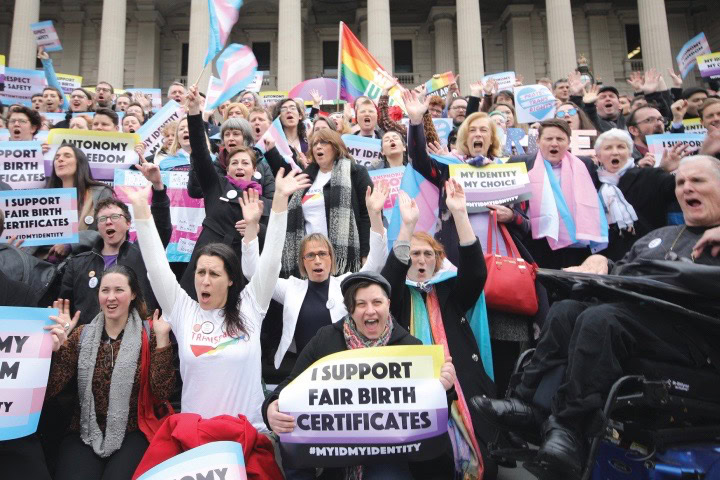
The Victorian parliament passed much needed reforms to birth certificate legislation in August, but the fight doesn’t stop there. What’s next for trans advocacy?
Penny, a Melbourne trans women, tells the Star Observer that “while the biggest issue is endemic discrimination, I unfortunately think there is little that can be campaigned for [to change this]”.
Transgender individuals are almost eleven times more likely to attempt suicide than the general population, according to a National LGBIT Health Alliance published report in 2016, which stated that roughly 35 per cent of transgender people attempt suicide in their lifetime.
LGBTI people are significantly more likely to be diagnosed with mental health disorders compared to the general population. Endemic discrimination has been identified as a direct cause in many cases.
Michelle McNamara, an academic and trans advocate at the University of Melbourne tells us she’s “appalled by the lack of available mental health support services for trans and gender diverse people”.
Currently, individuals with mental health issues can access up to ten rebated psychology sessions per year under the government’s Better Access to Mental Healthcare scheme. However, LGBTI people are disproportionally represented in mental health statistics, and the Medicare rebate scheme for mental health is simply not enough to support people with serious mental health issues.
In addition to insufficient health care funding for LGBTI inclusive services, waiting lists for gender specific health care services are at a breaking point, making such services inaccessible to many who desperately need them.
Lauren, a recently out trans girl, told the Star Observer how lucky she was to get an appointment at the Northside Clinic, which provides life changing services to trans and gender diverse people. Northside has since announced they can no longer take new patients, as they don’t currently have the resources and won’t for the foreseeable future.

Last year, I spent fourteen months on the waiting list for the Monash Gender Clinic before deciding to go down the private route because I could no longer wait for the treatment I desperately needed.
Many spend well over a year on waiting lists for essential services in Melbourne, with some having to focus on private services instead.
In 2018, the Department of Health and Human Services released a report on the Development of Trans and Gender Diverse Services in Victoria, acknowledging the state’s current shortcomings around accessibility of gender related medical care.
While the state government has in recent years provided extra funding for the Royal Children’s Hospital Gender Service and the Monash Gender Clinic, the report concluded that a new and better service system is needed for the increasing number of people seeking gender services in Victoria.
Two new gender services have been allocated funding; one to be located in the metro area while the other in regional Victoria and will certainly make a difference for those who can access their services. But what about the trans and gender diverse people who continue to sit on waiting lists?






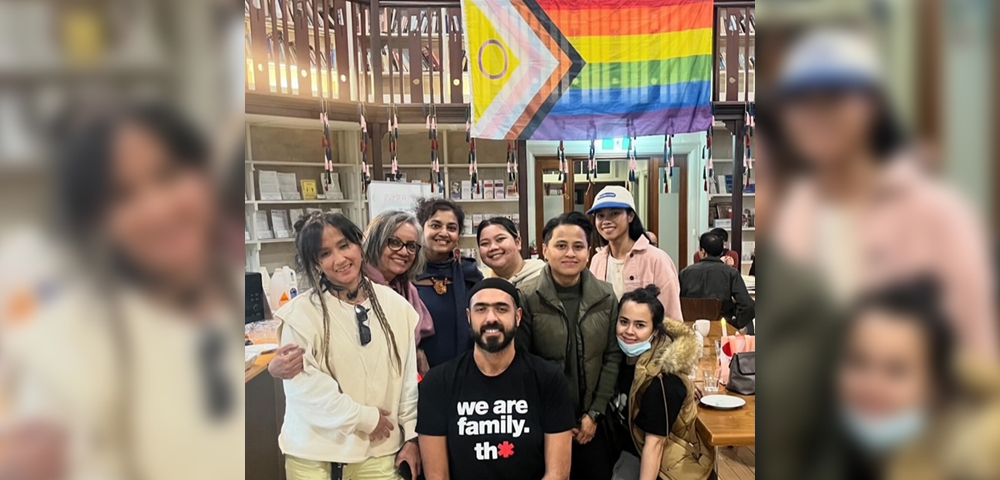
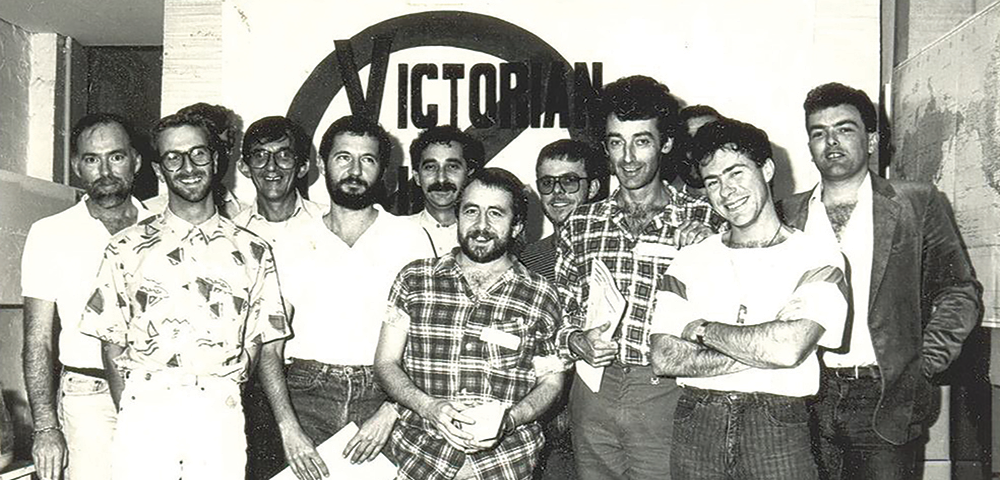
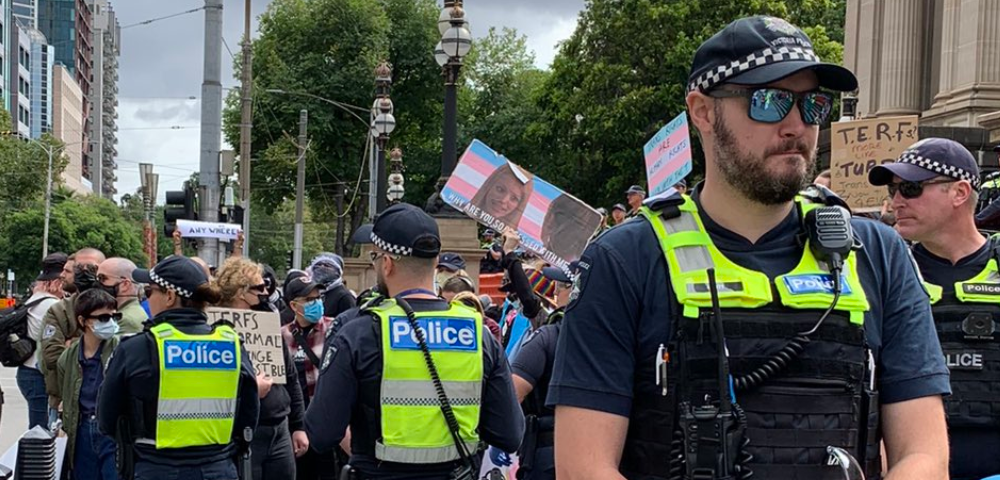
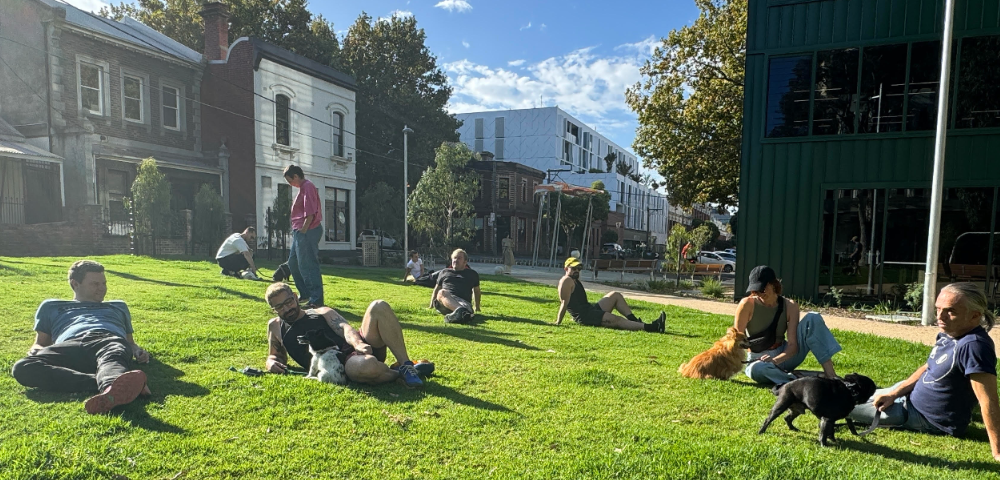
One functioning Gender Service in Victoria has been missed: Gateway Health Gender Clinic. Operates out of the Gateway Health Community Service Centre, Wodonga serving families of Trans children and their children from Dennilliquin to Corryong, Albury to Mt Beauty.
Service has been operating with a multi-disciplinary medical team and Social Worker since 2013.
Client numbers presently close to 50 children under the age of 17.
Please ensure this vital service i s not forgotten in your reporting on services in Victoria.
Dr Rachel Richardson